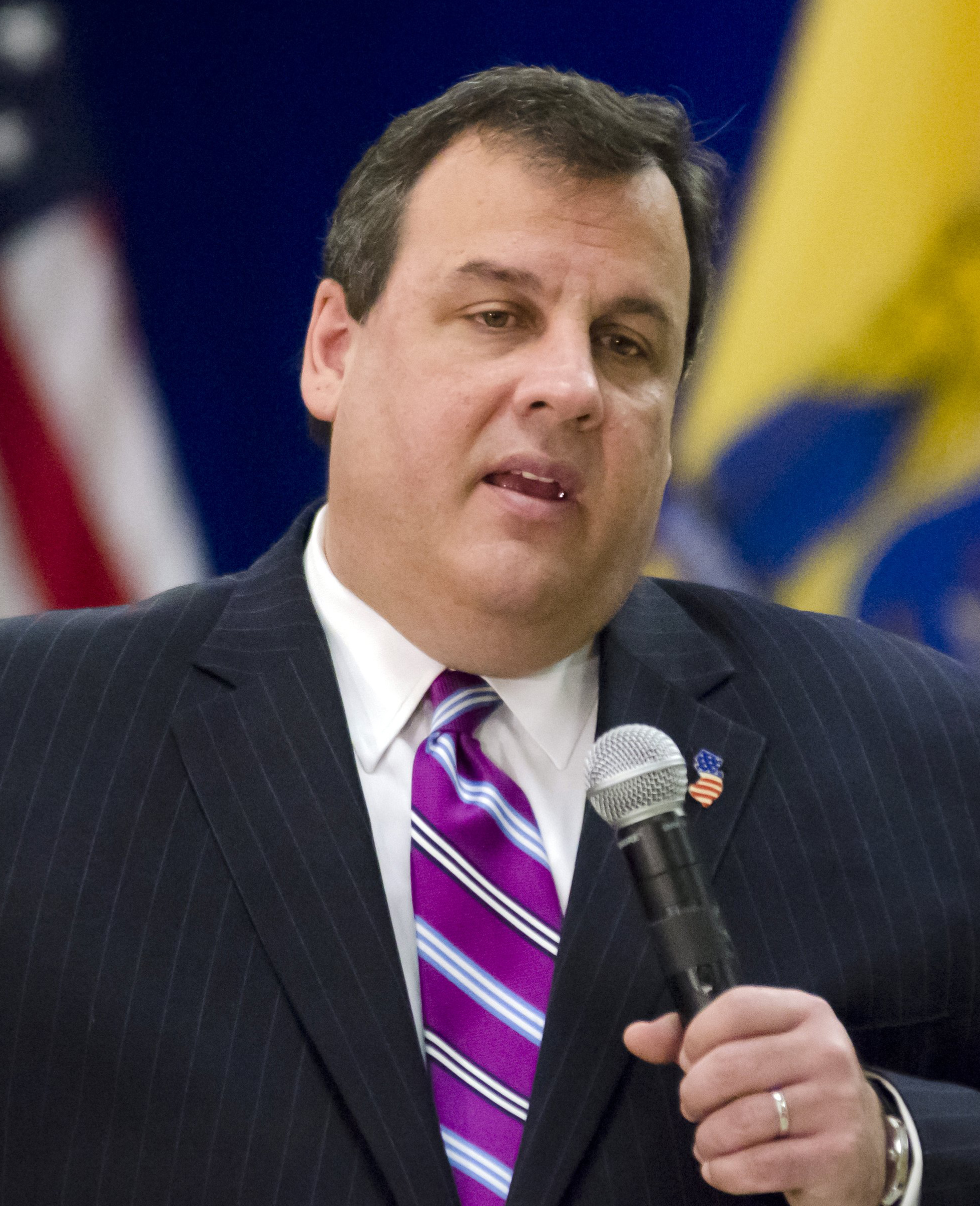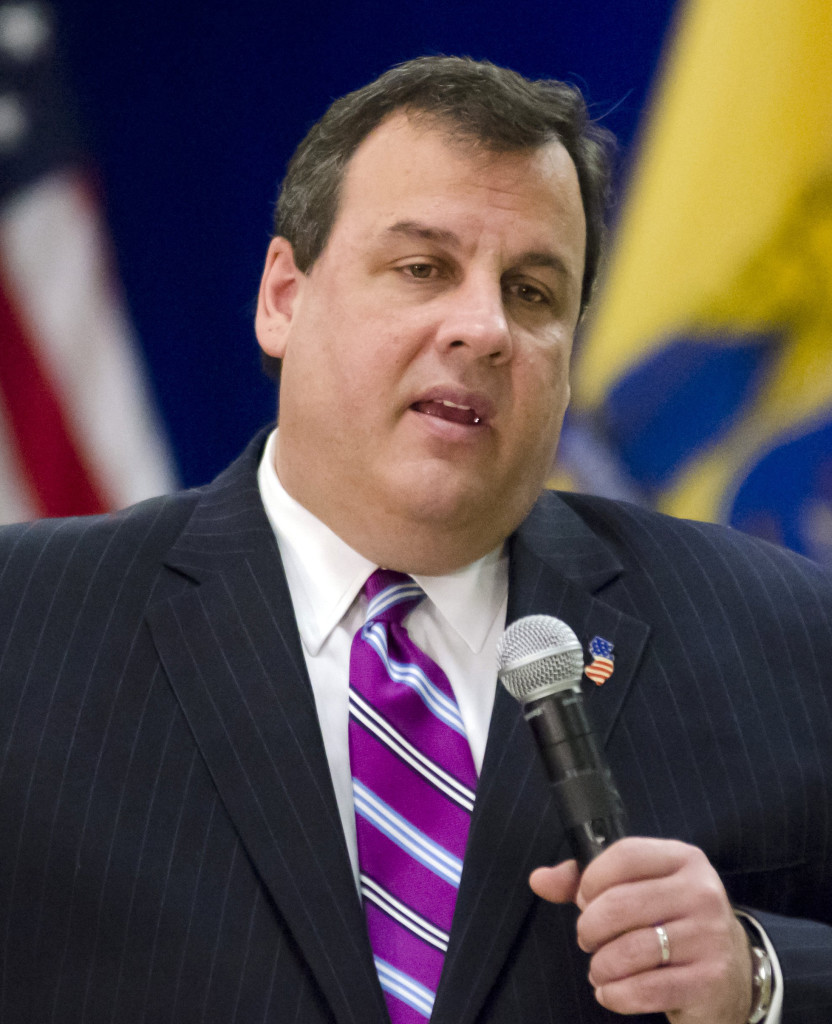A New Jersey assemblyman proposed on Thursday a piece of legislation that would block state money to cities that aren’t complying with the state’s 2011 pension reform law.
From NJ.com:
[Assemblyman Declan] O’Scalon said he is proposing the legislation after reports surfaced that Newark had not been collecting payments that employees are legally required to pay toward their health care premiums.
Under the revised pension reforms Gov. Chris Christie signed in 2011, all public workers were required to contribute more toward its healthcare premiums, but state officials said earlier this year that Newark has not been compliant.
The city said in October that it took several months to update its payroll system in the wake of the law and that they did not know why the payments weren’t collected last year.
“It was long overdue, but it has come to light that the City of Newark has been ignoring the law since it was put into place,” O’Scalon said in a statement.
“The result is that the Mayor, Council members, and all employees in Newark pay less than the law requires – and worse, what common sense and fairness demand.”
The legislation would also dock the pay of elected officials and top finance department heads in municipalities that are not compliant, according to O’Scalon.
The proposed legislation would also establish noncompliance as grounds for impeachment or removal of the mayor of city officials, O’Scalon said.
O’scalon’s remarks arrive months after the state agreed to give Newark $10 million in transitional aid to address its budget crisis.
“Newark is a city that is facing tough issues and is legitimately going to need continued help from the state, but the local elected officials must lead by example,” O’scalon said.
The legislation will be officially introduced by the end of the year.
Photo credit: “New Jersey State House” by Marion Touvel. Licensed under Public domain via Wikimedia Commons


